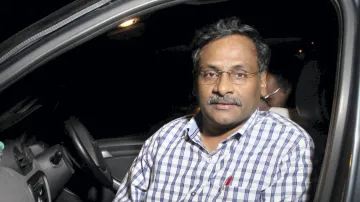The Maharashtra government has taken its case against former Delhi University professor GN Saibaba to the Supreme Court after the Bombay High Court acquitted him in a case alleging links with the banned CPI (Maoist). Earlier today, the Nagpur bench of the Bombay High Court acquitted Saibaba, stating that the prosecution failed to provide substantial evidence against him. The court also overturned the life sentence imposed on Saibaba and acquitted five other defendants in the case.
High Court's acquittal
The Nagpur bench of the Bombay High Court acquitted Saibaba, citing the prosecution's failure to provide sufficient evidence against him. The court also overturned the life sentence imposed on the 54-year-old Saibaba and acquitted five other defendants.
High Court's rationale
A division bench of Justices Vinay Joshi and Valmiki SA Menezes deemed the prosecution's case weak and held the sanction under the anti-terror law, the Unlawful Activities (Prevention) Act (UAPA), as "null and void."
Saibaba's incarceration
Saibaba, who is wheelchair-bound, has been incarcerated in Nagpur Central Jail since his 2014 arrest.
Legal history
In 2017, a sessions court in Maharashtra's Gadchiroli district convicted Saibaba and five others for alleged Maoist links. However, an earlier bench of the Bombay High Court acquitted Saibaba in 2022, citing procedural flaws in the trial.
Supreme Court's intervention
The Supreme Court had previously set aside the High Court's 2022 decision, directing a fresh appeal hearing. Justice Rohit Deo, one of the judges involved in the earlier decision, resigned in August 2023.
Also read | Bombay High Court acquits former Delhi University professor Saibaba, five others in Maoist link case
